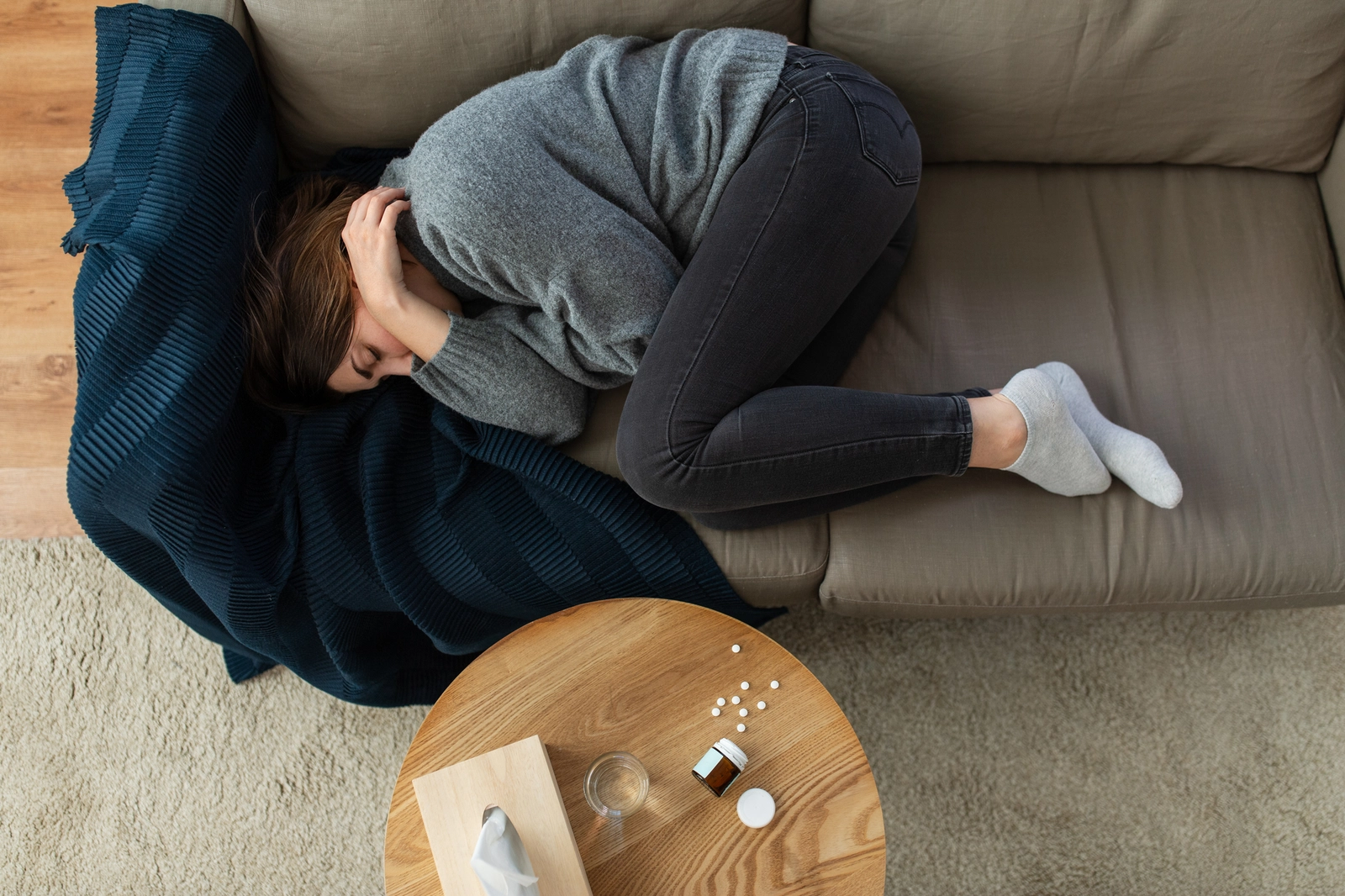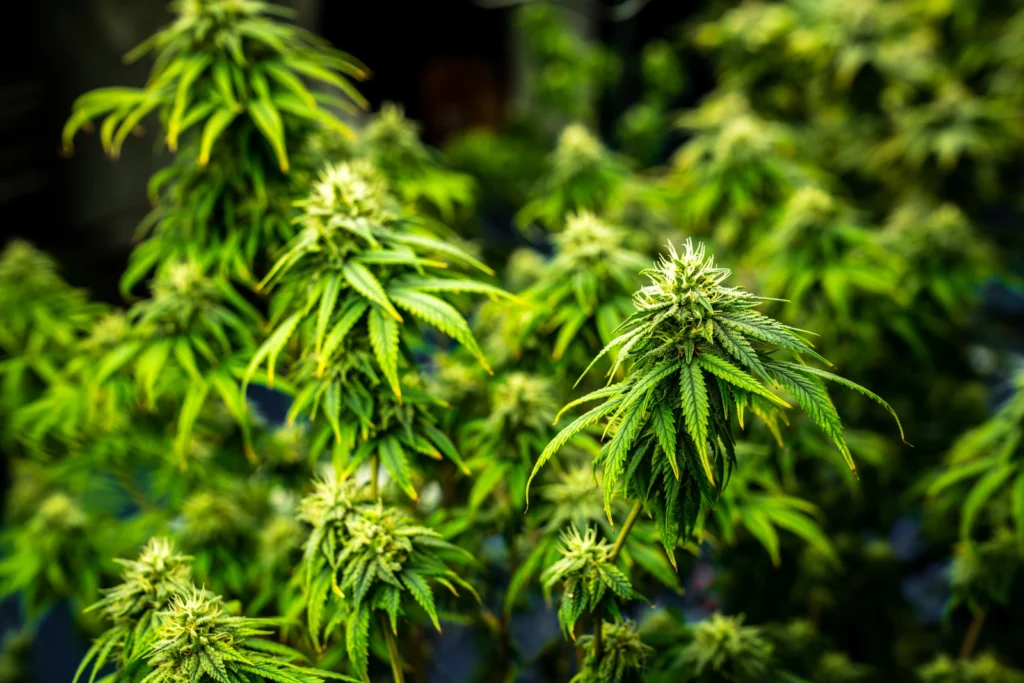Can You Overdose on Gabapentin? Risks and Concerns

Gabapentin (Neurontin) is a prescription medication that’s used to treat certain types of seizures and nerve pain from conditions like postherpetic neuralgia. It’s often used as a safer alternative to opioid painkillers amid the opioid crisis, leading to nearly 50 million prescriptions in 2020.[1]
Though gabapentin may be safer than opioids, it’s not without risks of overdose, withdrawal, abuse, and addiction. Between 2019 and 2020, gabapentin has been implicated in about one in 10 overdose deaths – and ruled as the direct cause of death in over half of those cases.[2]
Key Points
- Gabapentin is a prescription medication used to treat certain types of seizures and nerve pain.
- Gabapentin is often prescribed as a safer alternative to opioid painkillers, but it’s not without risks like overdose.
- Gabapentin was implicated in one in 10 overdose deaths between 2019 and 2020.
- A gabapentin overdose is an emergency and requires prompt medical attention.
What Is Gabapentin?
Gabapentin belongs to the gabapentinoid class, which includes drugs used for both antiepileptic purposes and the treatment of neuropathic pain. Gabapentinoids have analgesic (pain relieving) properties and bind to the calcium channels in the brain, decreasing nerve excitability and promoting feelings of euphoria and calm.[3]
In addition to its approved uses, gabapentin may be prescribed off-label for restless legs syndrome, hot flashes, anxiety, insomnia, and other pain conditions.
Side Effects of Gabapentin
There are several side effects with gabapentin, including:[4]
- Dizziness
- Poor coordination
- Difficulty speaking
- Temporary memory loss
- Tremors
- Sleepiness
- Double vision
- Jerky movements
- Restlessness
- Unusual eye movement
- Irritability
- Anxiety
- Impulsive behaviors
- Mania
- Insomnia
- Violent behavior
Gabapentin can cause a range of physical and psychological effects, including suicidal thoughts and behaviors that increase the risk of suicide.[5] Some of the signs of suicidal risk include saying things like “there’s no reason to live” or talking about being a “burden,” a preoccupation with suicide, behaving recklessly, using substances like drugs and alcohol, withdrawing from friends and family, and saying goodbye to friends and family.[6]
Can You Overdose on Gabapentin?

Any drug or substance can cause an overdose if you take too much. Misusing gabapentin can lead to a fatal overdose, though the risk is much less if you take it as prescribed. However, unlike opioids, there is no antidote to reverse the overdose like naloxone.
A gabapentin overdose is a medical emergency. The drug has a long half-life, which is the time it takes for the drug concentration in the body to be reduced by half. Prompt medical attention is necessary to avoid complications from gabapentin toxicity.
Most gabapentin overdoses involve intentional overdose, accidentally taking too much of the drug, or taking gabapentin with other substances – particularly alcohol or opioids. The FDA reported gabapentin overdoses involving 49 grams or more of the drug.[7]
The symptoms of a gabapentin overdose include:[8]
- Poor muscle coordination
- Diarrhea
- Labored breathing
- Low activity
- Double vision
- Drooping eyelids
- Excitability
- Slurred speech
- Drowsiness
- Sedation
- Lethargy
What to Do for a Gabapentin Overdose
If you suspect someone is overdosing, check their airway, breathing, and pulse. Call 911 and wait with them until help arrives. Turn them on their side to avoid choking if they vomit. If you suspect other drugs were involved, make sure to inform the emergency medical team.
Gabapentin Withdrawal and Detox
Gabapentin has a low risk of abuse, but it’s possible to become addicted to the drug with heavy use or misuse. Taking more gabapentin than prescribed or doses more frequently than prescribed can build physical dependence. Your body will become accustomed to the presence of the drug and need it to function, so withdrawal symptoms happen if you stop taking it suddenly.
Though gabapentin has risks, you shouldn’t stop taking it suddenly or dramatically reduce your dose after long-term use. Doing so can cause seizures and other dangerous complications. If you want to stop taking gabapentin or reduce your dose, talk to your doctor about a taper schedule to wean yourself off the drug safely and minimize withdrawal symptoms.
The symptoms of gabapentin withdrawal include:[9]
- Anxiety
- Insomnia
- Agitation
- Restlessness
- Fatigue
- Dizziness
- Irritability
- Sweating
- Light sensitivity
- Headache
- Nausea
- Irregular heartbeat
- Pain
If you take gabapentin for seizure disorders and stop abruptly, you may experience rebound symptoms – a return of the original symptoms that gabapentin treats. With seizures, this can cause uncontrollable seizure activity that your body can’t come out of, status epilepticus.
Withdrawal typically begins about 12 hours to 7 days after you stop gabapentin.[10] The symptoms may last a week or longer. However, factors like your age, length of use, dosage, and individual health and genetic factors can affect the duration and severity of your gabapentin withdrawal.
Gabapentin Medical Detox and Addiction Treatment
If you have experienced gabapentin withdrawal or have been taking the drug for a long period, you may need a medical detox to manage your symptoms and reduce the risk of complications like seizures. Mental health problems can also occur with gabapentin, including suicidal ideation and severe anxiety that can last for weeks or months.
Medical detox provides a 24/7 medical team to monitor your taper schedule, manage symptoms of withdrawal, and avoid complications. You’ll be as safe and comfortable as possible while the drug clears your system.
If you’re addicted to gabapentin, it may be best to transition from detox into a gabapentin addiction treatment program to address the mental, emotional, and social aspects of substance abuse. This may occur inpatient or outpatient, depending on your individual needs. While treatment is completely individualized, it may include peer support groups, individual and group counseling, and behavioral therapies.
Seek Help for Gabapentin Abuse and Addiction
Gabapentin is a generally safe alternative to opioids, but like all drugs, it has some risks. If you or a loved one is struggling with gabapentin abuse and at risk of an overdose or withdrawal, it’s important to seek help as soon as possible to avoid any dangerous effects.
Frequently Asked Questions About Gabapentin Overdose




